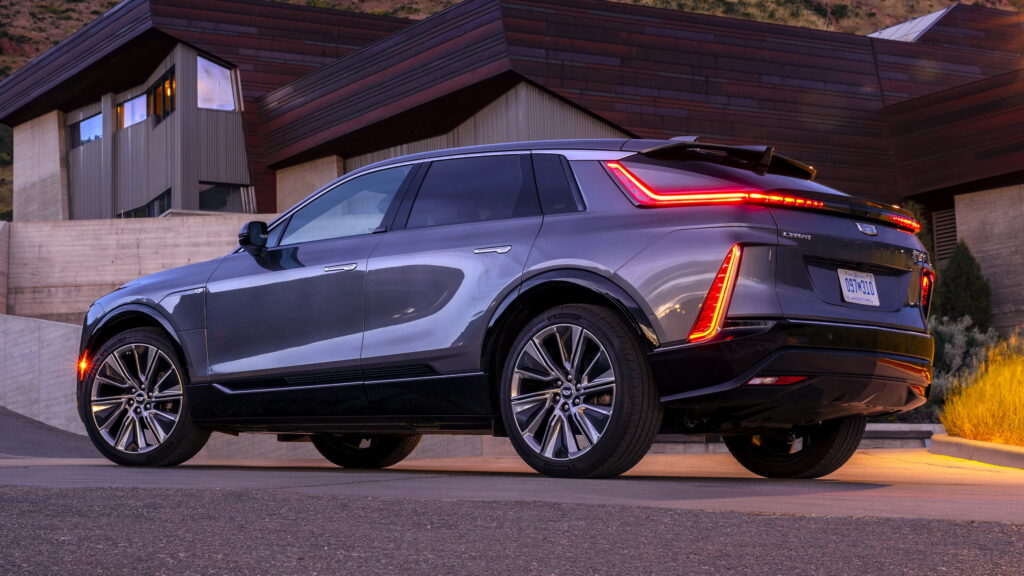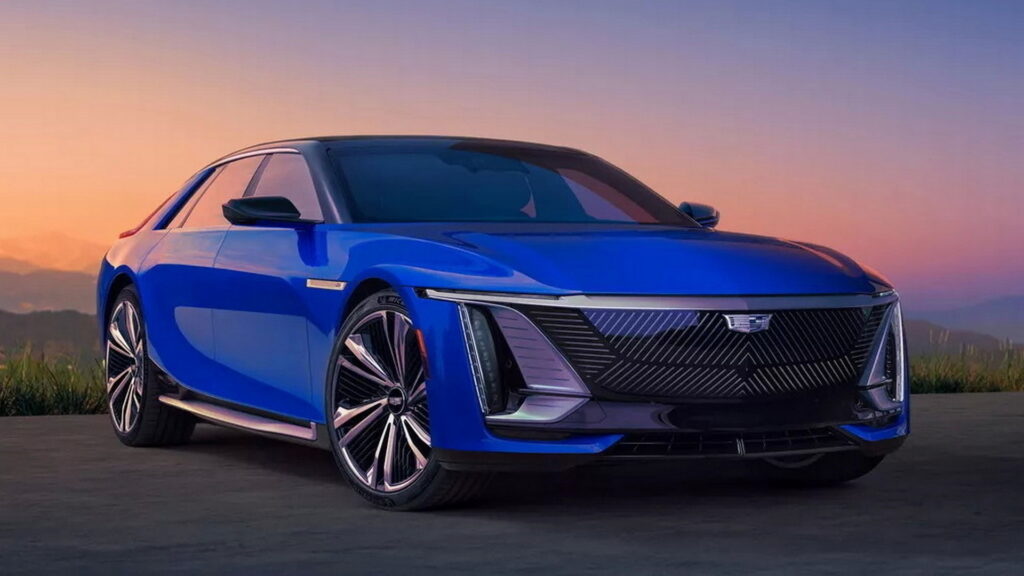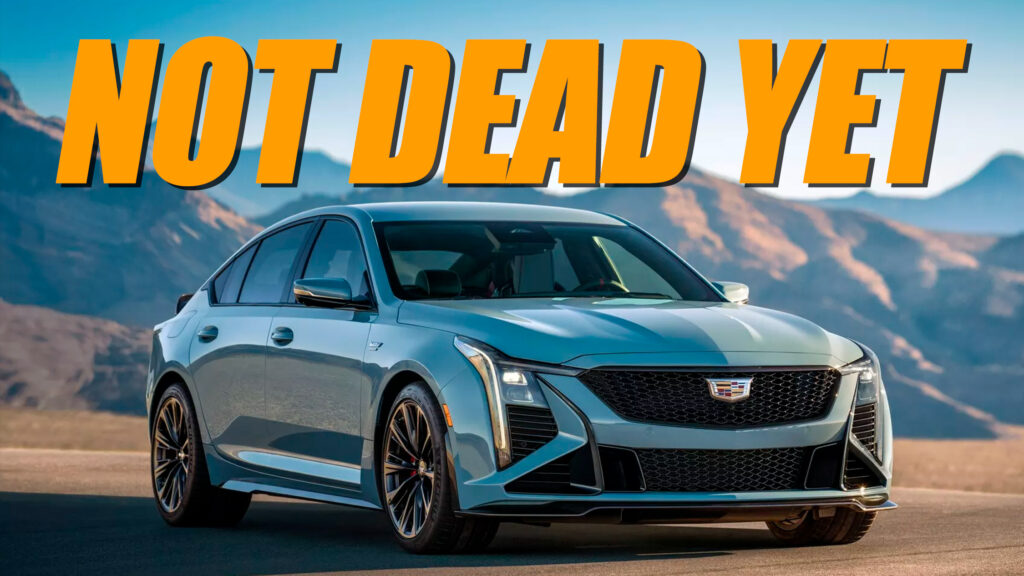- The carmaker hasn’t said how long it expects to see combustion engines alongside its BEVs.
- Cadillac now says its aim of going all-EV by 2030 was a “mission statement.”
- Customer demand for ICEs will keep them alive for a little longer.
Cadillac has long planned to have an all-electric line-up by 2030 but the vice president of Global Cadillac, John Roth, has acknowledged it will continue to sell combustion-powered vehicles after this date.
While speaking at a recent media event, Roth said that “EVs and ICE (internal combustion engine), we want to be clear, will coexist for several years. We want to make sure that we have that luxury of choice in the marketplace and both will have an opportunity to meet the customer needs as we look forward.”
Read: New Cadillac Optiq Interior Shares DNA With The Lyriq
High-ranking Cadillac and GM executives have previously mooted 2030 as the year the brand will be selling nothing but EVs. In 2021, then global vice-president of Cadillac, Rory Harvey, said the carmaker would not be selling ICE vehicles by 2030. When asked by the Detroit Free Press why Cadillac has changed plans, Roth said it is listening to consumers.
“We are always listening to the customer,” he said. “We are still on strategy of offering an all-EV portfolio by the end of the decade and we’re going to listen to the customer and let them be our guide. That’s our answer.”
Speaking on the matter, spokesman Mike Albano added Cadillac will still have an all-electric lineup by 2030 but these vehicles will be accompanied by ICE offerings. He described the previous commitment to a BEV-only lineup as a “mission statement if you will.”

“The fact that we refreshed our ICE portfolio should tell you that we knew the transition is going to be slow, the transition will be led by the customer.”
Principal analyst for Guidehouse Insights in Detroit, Sam Abuelsamid, says Cadillac is being “deliberately vague” while navigating the shift to EVs.
“I can’t blame GM or any other automaker that opts to shift the timing of going all-electric,” he said. “If a significant proportion of customers can’t or don’t want to buy (battery electric vehicles) you need to be flexible in the products you offer. Just because you build it, it doesn’t mean they will come.”
Roth failed to specify if Cadillac will benefit from GM’s recent decision to reintroduce plug-in hybrid powertrains to select vehicles in North America, again saying the firm will offer what its customers want.
“We have a great internal group that is always measuring and monitoring what the customers are desiring in the marketplace. We have those conversations internally all the time.”




